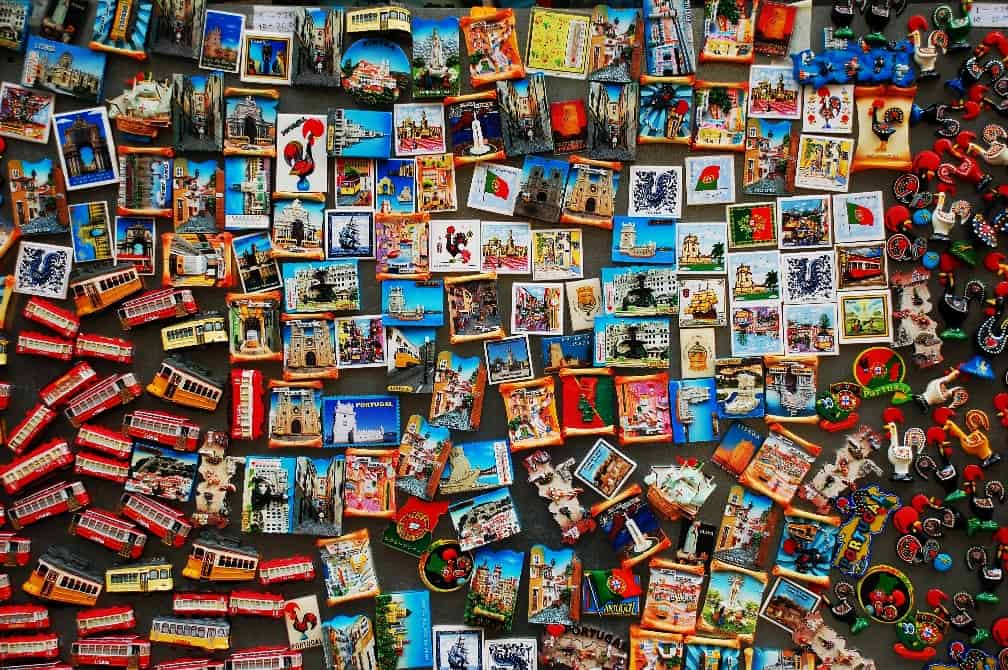What we need to do for the strategical growth in Tourism
We live in a world in which uncertainty, complexity, and ambiguity dominate, and in which small chance events can have a large and unpredictable impact on outcomes. In such circumstances, even the most carefully thought-out strategic plans are prone to be rendered useless by a rapid and unforeseen change. In an unpredictable world, there is a premium on being able to respond quickly to changing circumstances and to alter the strategies of the organization accordingly.
At their simplest, strategies help to explain the things that managers and organizations do. These actions or activities are designed and carried out in order to certain designated purposes, some of the short-term in nature, others longer term. The organization has a direction and broad purpose, which should always be clear, articulated and understood, and which sometimes will be summarized in the form of a mission statement. Strategies are the means or the “game plan” by which enterprise mission is put into practice, and objectives achieved.
Strategies are the means by which long-term objectives will be achieved. Johnson, Scholes and Whittington Strategy is the direction and scope of an organization over the long term, which achieves advantage in a changing environment through its configuration of resources and competences with the aim of fulfilling stakeholder expectations.
Tourism is usually perceived as an easy business sector by most. But to be sustainable you need to have a strategic business plan that is not usually easy as it sounds.
During my career, I have observed various nascence that has come into the market with a wow effect but due to greed, and lack of strategic plan I have seen the full range of tourism business failures.
First is first know what you need to concentrate on, do your homework before even pressing the start button. One of the major issues in the tourism sector is the greed of wanting to do everything, to name oneself as the specialised company for every possible service out there. This is a huge misinterpretation and hence leads to shocking cold showers. No one entity can be an expert on everything. You have to have your mojo, your theme and your character.
You can be an expert in Mice, Leisure, private luxury travel, cultural and/or religious tours or only on BB. Just focus on your core interest and work on that rather poking your nose in everything. Try to climb your own mount instead of climbing others. It won’t work, this time and era is different and you need to be proactive with your unique differences. Evolve around what you know best and curate it to perfectionism.
Faced with an incredible variety of travel offers, mark your say by understanding what your clients need and want from you under the boundaries of your expertise. It is increasingly important to identify market niches in which to place your service territory. In this way, you can get the advantage of concentrating efforts on achievable goals and having advance knowledge of the types of tourists who might choose your products.
Always invest your energy intelligently. You need to have a strong will and determination that at times may seem like ‘manic obstinacy’. Love is a crucial piece of the game, you need to love what you do and your clients. You need to have the passion to keep your locomotive running in full power.
This emotional passage that we must make corresponds precisely to a different way to establish our relationship with ‘our clients’. This will take a growth-strategy approach to the market as a tourism destination. Advertising will reach and persuade visitors to come to your concentrated core destination, rather than to other destinations in their evoked set.
Public and media relations will reinforce the key messages, delivering a consistent and relevant brand image of the province, while sales and online initiatives will “close the loop.”
The tourism product – in the form of attractions, experiences, and infrastructure – has a larger role to play in increasing length of stay, amount of money spent per trip, and overall tourism revenues.
To be successful in attracting customers from competitors, it’s essential that we focus and concentrate our resources on the best opportunity – and create programs and campaigns that are fully integrated.
Effective Edutainment and Infotainment requires preparation and an active involvement of the public.


